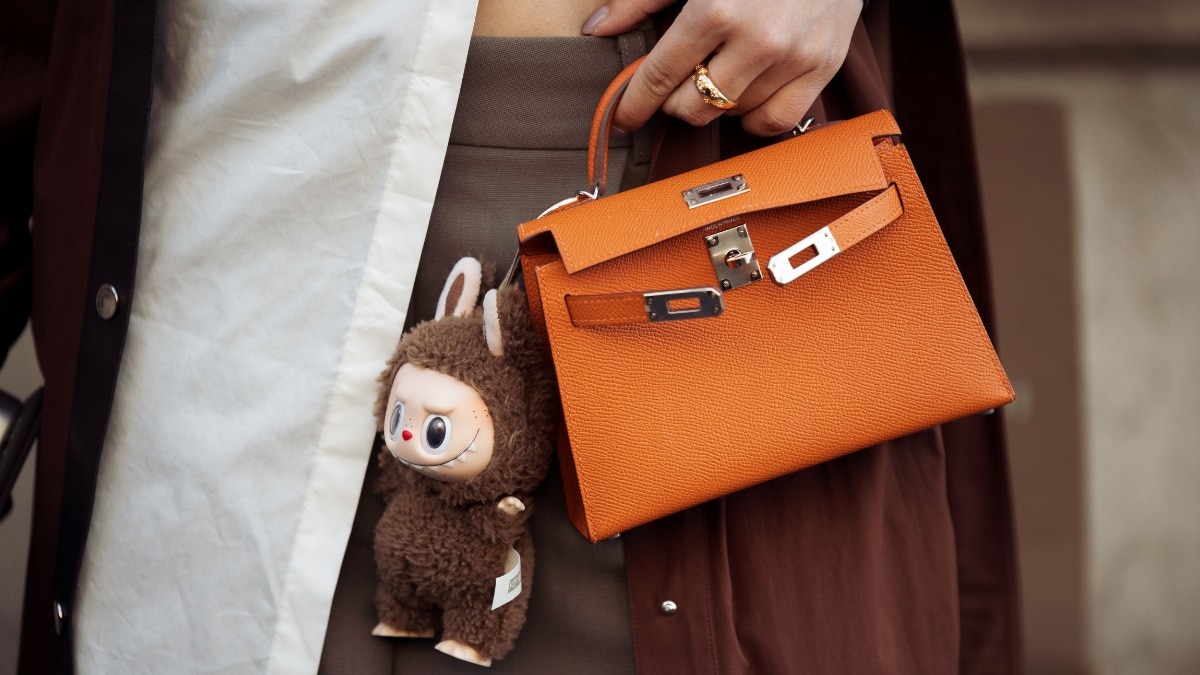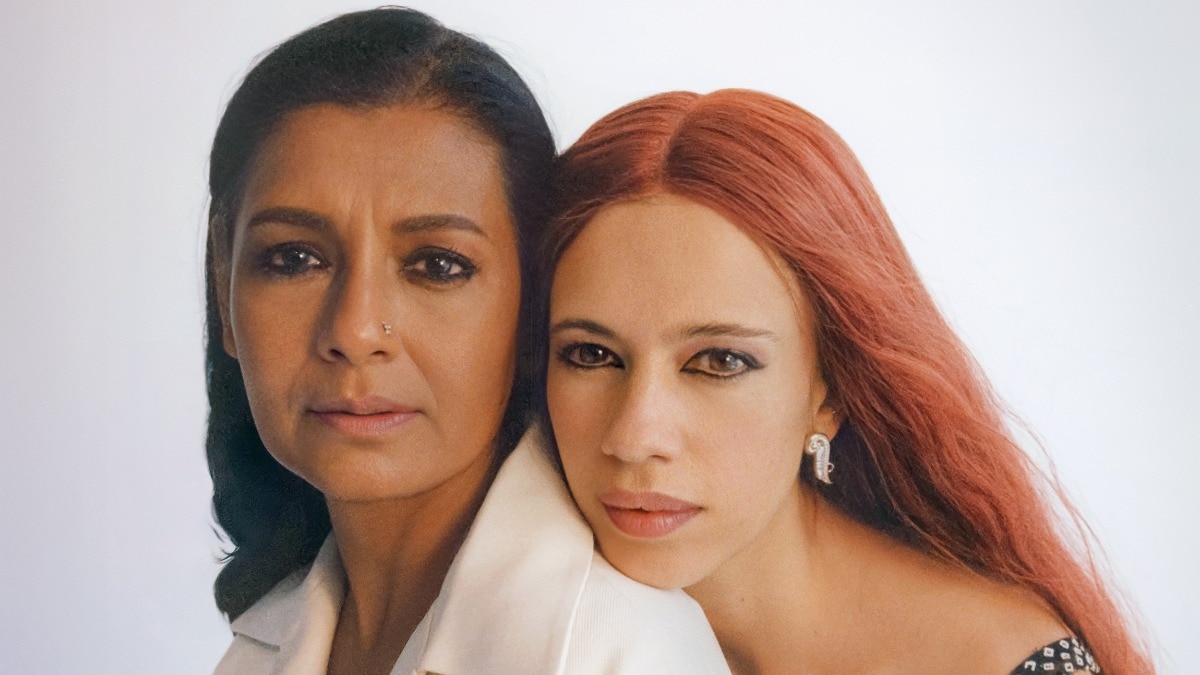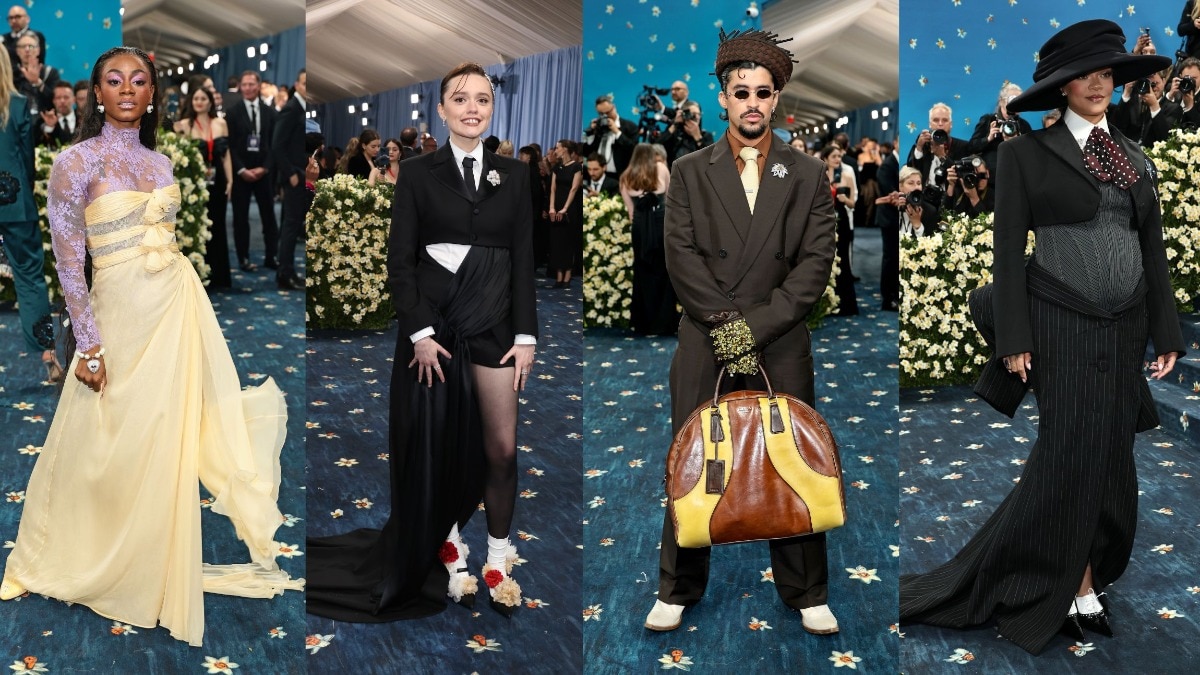#SkinSchool: Why stereotypes surrounding Black skin create a vulnerable approach to skincare
Experts weigh in on Black skin and ageing, explaining why we need to redefine the needs of Black skin with understanding of its true complexity.


The racial stereotype ‘Black don’t crack’ has been championed within the Black community for decades. Over generations, it became a sweeping statement used as a compliment for youthful-looking skin. In layman's terms, it represents the idea that Black skin remains young as one gets older (take Pharrell Williams as a celebrity case study)—defying wrinkles and sagging.
But such a broad, definitive claim poses two problems. Firstly, it creates a false sense of security—led by the belief that Black skin doesn't 'need' sophisticated products – contributing to the lack of skincare education around darker skin. This then directly feeds into the second concern: the knowledge gap between Black consumers and mainstream skincare brands. As a result, we might either neglect our skin, or use products that aren’t specifically devised for Black people in the way that they are for other skin tones. If there were more skincare brands catering to the health and wellbeing of Black skin, layered with education, then Black individuals would have greater awareness of how to look after our skin's unique needs— whether that’s treating concerns of visible ageing, or not.
It’s important to note that Black skin is unique to other skin tones. “There are few key differences; the most obvious is that we have a higher number of melanocytes in our skin and this has several generic advantages—including the increased ability to handle UVA and UVB exposure,” explains Dr Tijion Esho, medical doctor and founder of The Esho Clinic. “Also, our epidermis tends to be thicker, meaning more oil from a greater sebaceous activity”. Dr Esho adds that these two factors combined help to minimise the formation of fine lines and wrinkles. Consequently this can appear to slow the ageing process, resulting in a smoother, more hydrated and plumper appearance.

Skincare expert Dija Ayodele—founder of the Black Skin Directory and author of Black Skin-The Definitive Skincare Guide–agrees that the stereotype results in an idle attitude towards skincare. “The laissez-faire approach then means that individuals do not want to necessarily do the most for their skin,” explains Ayodele. “As a result, it creates a lack of engagement and responsibility, impacting the health of our skin”. It's an impact that both Dr Sharon Belmo, founder of Dr Sharon Belmo Dermatology, and Dr Ifeoma Ejikeme, medical consultant, skin expert and founder of Adonia Medical Clinic, also see as a concern. “The melanin in Black skin can absorb up to 70 per cent more UV radiation than the melanin in fair skin, however this natural protection is not foolproof—and Black individuals should still take measures to protect their skin from the sun, such as wearing protective clothing, seeking shade and applying sunscreen,” says Dr Ejikeme. "Moreover, the increased number of sebaceous glands in Black skin can lead to increased oil production, which can make the skin prone to acne and other skin issues—including hyperpigmentation and scarring."
And while Black skin characteristically can produce more oil, due to the lower ceramide levels in Black skin, Dr Belmo explains that therefore “the complexion can also feel drier than other ethnicities, as ceramides are what help the skin to retain moisture.” In addition to this, Dr Ejikeme also outlines that while Black skin has a thicker epidermis, “with up to 40 per cent more layers of keratinocytes”, this can make it more difficult for skincare products to penetrate the skin. Tailored adjustments to any skincare routine are therefore vital to ensure optimum efficacy.
Essentially, dedicated Black skincare brands are crucial. “These brands are formulated with ingredients that cater to the specific concerns of Black skin, with ingredients such as vitamin C, niacinamide, and kojic acid to target hyperpigmentation, uneven skin tone and excessive oiliness,” explains Dr Ejikeme. “Additionally, these brands provide representation and inclusivity within the beauty industry, which is essential for promoting confidence and self-esteem in Black individuals.”

Take Sow Minerals as an example, a company that acknowledges that the wellbeing of those with African-Caribbean origins has been, and is being, underserved within the wellness industry. Co-founder Simi Launay outlines just one example of these disparities. “Black women suffer from earlier onset uterine fibroids and at much higher rates than Caucasian women. Research has shown that an adequate intake of vitamin D, vitamin A, and selenium are useful in preventing and treating fibroids.” Informed by its own research, the brand's Women’s Daily Multi Complex supplement is formulated with vitamin C (helping to treat skin concerns such as hyperpigmentation and dark spots), vitamin K (which has anti-inflammatory properties), MSM (an inhibitor of tyrosinase activation, slowing melanin production and treating hyperpigmentation), and hyaluronic acid (supporting in moisturisation)—all formulated with the needs of African, as well as Asian and Arab, origins in mind.
Meanwhile, skincare brand Blur London has focused its product range on supporting oily skin needs. “All sebum isn’t created equal,” explains founder Neo Khoei. “Studies show significant differences in sebaceous lipid profiles and therefore to achieve product efficacy, we [the skincare industry] need to up our game when formulating and clinically testing on multi-ethnic skin.” The brand’s Cloudskin Moisturiser is formulated with its hero ingredient, bixa orellana (also known as 'red lip tree'), a natural ingredient proven to reduce excess sebum production while simultaneously moisturising—an essential for Black skin.
It's clear that we need to move beyond the stereotypes surrounding Black skin, adopting a greater understanding of its true complexity. Yes, while Black skin can appear to age more slowly, this shouldn’t be used as an excuse to avoid thoroughly looking after it. As Dr Ejikeme summarises, “Black skin is unique and requires specialised care. There are general differences in skin type and concerns among all ethnicities, so it's essential to treat each individual's skin based on their unique needs.” While we shouldn't veto mainstream skincare brands, we need more visibility of dedicated Black skincare products and targeted skincare offerings. Because Black skin can crack in myriad ways if it isn’t looked after.
This piece originally appeared in Harper's UK.










